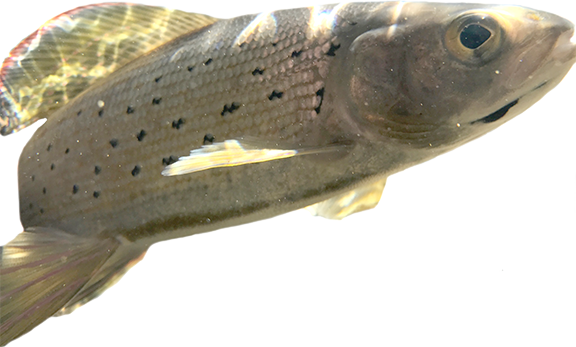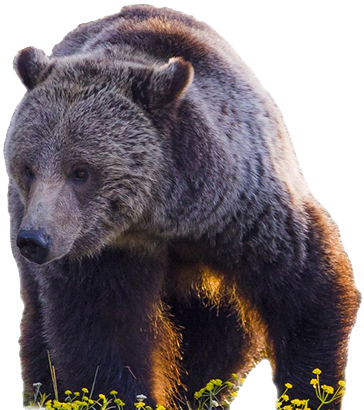Description
Project summary: Project title, project summary statement, and project urgency
Project details: Species that will benefit, detailed project description
Applicant information
Applicant information: Organization, project contact, signing authority, collaborators, project supporters, and project volunteers
Project information
Project location information: Map, location description, project coordinates (latitude and longitude)
Alignment with action plan(s): Primary action plan, sub objective, action type, alignment with priority action and intended outcome(s), and optional alignment with secondary action plan
Single or multi-year project: Project duration, provide overview of project achievements and challenges for ongoing multi-year projects
Project phases: Start-up, fieldwork, data entry and analysis, community engagement (i.e., define how you plan to share your project results and involve others in your proposed project), draft reporting, and final reporting
Benefits: Benefits to fish and/or wildlife
Ongoing maintenance: Is ongoing maintenance required to sustain benefits?
Effectiveness monitoring: Do you have an effectiveness monitoring plan if your project involves restoration/enhancement?
Community engagement: What are your plans to share results and engage with First Nations, stakeholders, and others?
Permits and approval: BC Hydro-owned lands, proximity to BC Hydro facility, landowners, required permits, and approvals
Funding: Is this a resubmission of a previously “not approved” application?
Project budget
Budget:
• Labour expenses, materials, equipment, transportation, and field expenses
• Project administration costs
• GST section
• Additional revenue (i.e., other funding sources, in-kind and volunteer contributions)
Notes:
For materials and equipment, the FWCP does not provide funding to purchase non-consumable items (e.g., GPS units, cameras, electronics, boats, tents, etc.).
Rental rates for non-consumable items are acceptable.
How GST is claimed depends on your organization type. There are three options:
1) Not-for-profit, government, and CHUMS (charities, hospitals, universities, municipalities, and schools) organizations would be expected to incur some GST on their inputs. The FWCP can be responsible for the net amount of GST after the organization’s rebate percentage (i.e., if you get a rebate of 75% of your GST, FWCP can cover the remaining 25%). The remaining GST needs to be entered as part of the project cost and within the line items.
2) Consultants and registered businesses (which don’t receive a GST rebate) would be expected to incur GST and claim a full input tax credit on their inputs. The estimated GST that would apply to the total FWCP contribution needs to be split out from the project cost and line items and entered in the GST section of the budget along with the organization’s GST number.
3) If you don’t have a GST number or prefer to use FWCP funding to pay for the GST portion of your project, estimate the cost(s) with GST and enter it as part of the project cost and within the line items.
More details are available in our regional guidance for grant applicants.
Total FWCP contribution towards administration costs (telephone charges, photocopies, printing, mailing/courier, etc.) is not to exceed 5% of the total FWCP contribution for project expenses for government and 10% for non-government. Administration costs should not be specified for consultants whose rates normally include administration costs.
The total project cost includes funding from all sources, including, but not limited to, the FWCP, other funders (if any), the total value of all in-kind contributions (if any), and applicable taxes.
For the additional revenue section, volunteer contributions should be expressed as $250/day for skilled labour and $100/day for unskilled labour for a standard day of eight hours. In-kind contributions for professionals should use standard charge-out rates.
Proposals
A six-page (maximum) project proposal is required for all Large Grant applications only. A proposal is not required for Seed Grant applications.
Letters of support
Include mandatory letters of support for your project in our Coastal Region. Letters of support for your project are optional in our Columbia and Peace Regions, but they can be used to strengthen your grant application. If you choose to submit letters of support along with your grant application, please ensure the letter author(s) clearly indicate their support for your proposed project and specify their involvement (i.e., actively involved, engaged in project planning and/or delivery, providing in-kind and/or cash support, or supporting the project in principle). A letter of support should come from an organization, First Nation, or government agency, and it should demonstrate how the support is relevant to your project.
Experience
Project contact experience: It is mandatory to include the experience and credentials of the project contact. We encourage you to provide the credentials and experience of key team members so we can properly evaluate your grant application. Please note if your proposed project activities involve ‘reserved practice’ according to the Professional Governance Act make sure you have team members with the appropriate credentials to perform or oversee the work.





